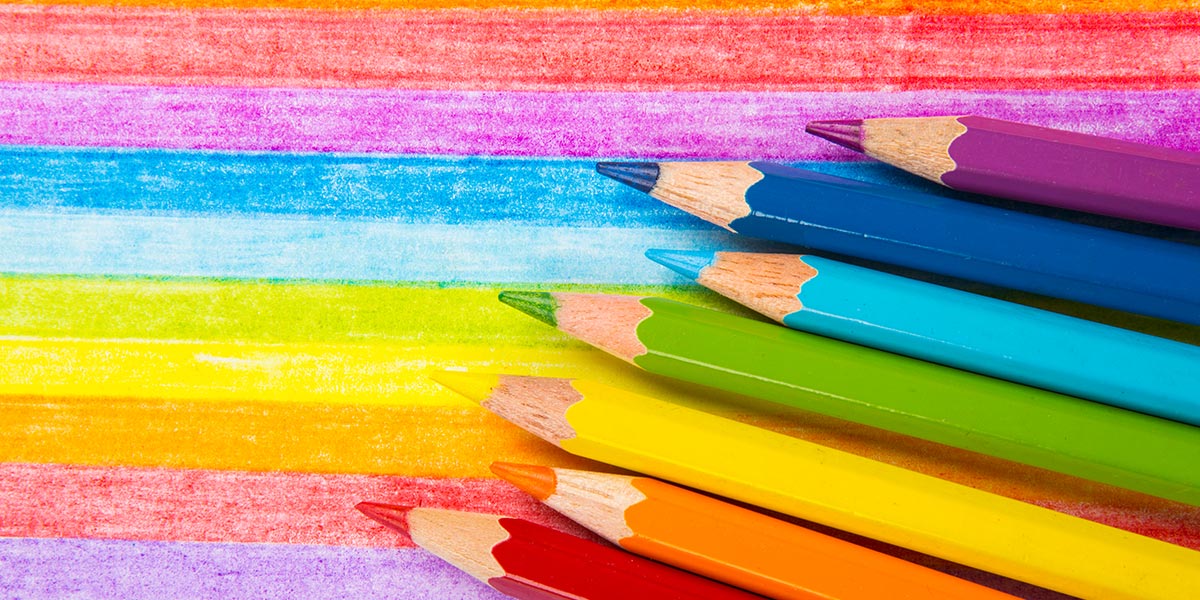Most Brits approve of LGBT-affirming education

Despite some headline-grabbing opposition, the majority of the British public agree that primary school teachers should affirm LGBT families in class.
The new research commissioned by Stonewall, Britain’s leading charity for LGBT equality, has found widespread support among the British public for LGBT-inclusive education.
In the poll, sixty per cent of those surveyed said they believe it’s right to teach primary school pupils about different kinds of families, including same-sex parenting. Among young people aged 16-24, this figure increases to over two thirds (68 per cent) who support LGBT-inclusive teaching.
The figures come one year before LGBT-inclusive education is rolled out across English schools. From September 2020, all secondary schools will be required to teach about sexual orientation and gender identity, and all primary schools will teach about different families, which can include LGBT families.
The move has not been welcomed by all parents – eliciting protests at some schools – but the survey shows that most people seem to agree that inclusive education is a good thing. Stonewall said that the results highlight how attitudes towards LGBT-inclusive education have shifted since it was founded 30 years ago to lobby against the infamous Section 28 law.
That legislation effectively banned conversations about same-sex relationships in British schools and ushered in a dark era where LGBT young people and teachers were forced to hide who they were.
Even though Section 28 was eventually repealed, its impact is still felt in schools today. Stonewall’s 2017 research found that two in five LGBT pupils (40 per cent) are never taught anything about LGBT issues at school, while almost half (45 per cent) are bullied for being themselves.
“LGBT-inclusive education is life-changing teaching for so many young people, so it’s incredibly powerful to see such a big proportion of the British public supporting the new legislation,’ said Paul Twocock, Chief Executive at Stonewall.
“We owe it to the next generation to ensure our schools are a place where all children and young people can be themselves. It’s essential the government invests more in training and resources to better prepare teachers and schools to deliver high-quality LGBT-inclusive teaching now and in the future.”
In May, there was an uproar in South Africa over plans by the Department of Basic Education to overhaul its textbooks to be more inclusive of sexual and gender minorities and same-sex families.
Leave a Reply